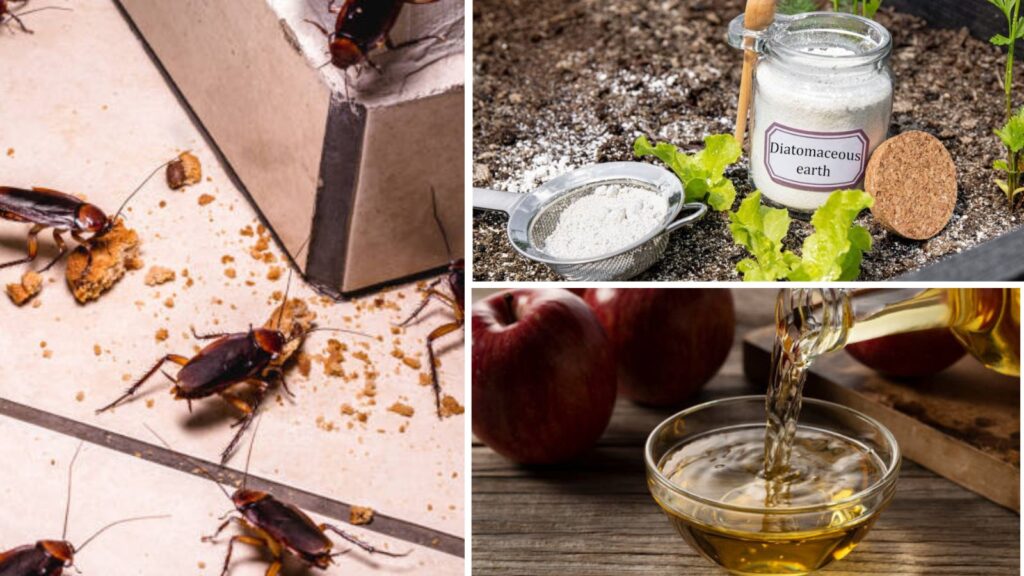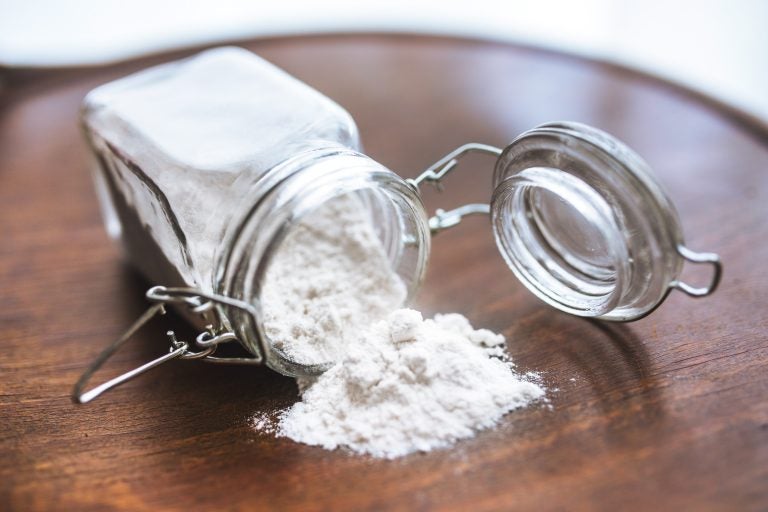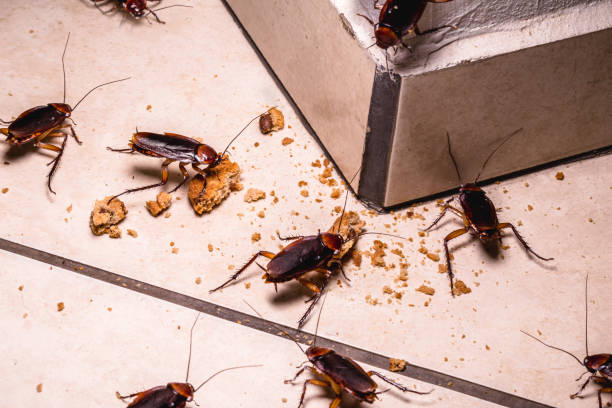Tired of Cockroaches in Your Kitchen? Here’s How to Stop Them Naturally

Tired of Cockroaches in Your Kitchen? Here’s How to Stop Them Naturally
Few household pests are as stubborn and frustrating as cockroaches. Known for their resilience and ability to survive in almost any condition, these insects often invade kitchens, bathrooms, and other damp corners of homes. While pest control services and chemical sprays are widely available, many households prefer to start with natural, inexpensive remedies before seeking professional help.
Understanding Cockroach Behavior
Cockroaches are nocturnal creatures, most active during the night. They thrive in warm, moist, and dark environments, making kitchens, bathrooms, and storage areas their favorite hiding spots. Leftover food, water leaks, and household clutter provide them with everything they need to survive. Experts say that eliminating these attractants is the first step toward controlling infestations.

Natural Remedies to Tackle Cockroaches
- Baking Soda and Sugar: A simple mix of baking soda and sugar works as an effective bait. The sugar attracts roaches while baking soda disrupts their digestion.
- Diatomaceous Earth: This natural powder, made from fossilized algae, damages the exoskeleton of cockroaches, causing dehydration. It works best in dry areas.

- Essential Oils: Oils like peppermint, eucalyptus, and tea tree act as natural repellents. Mixed with water and sprayed in cockroach-prone areas, they help deter pests while leaving a fresh aroma.

- Bay Leaves: Crushed bay leaves release a scent disliked by cockroaches. Though not lethal, they help keep pests away from cupboards and drawers.

- Vinegar: A mix of vinegar and water can be used to clean surfaces and repel cockroaches with its strong odor.

- Boric Acid: When combined with attractants such as peanut butter, boric acid acts as a highly effective bait. However, it must be used with caution around children and pets.
- Catnip: Containing nepetalactone, catnip naturally repels cockroaches. It can be used as tea sprays or sachets but is unsuitable for households with cats.

Limitations of Home Remedies
While natural remedies can help manage small infestations, they are not always sufficient for long-term control. Frequent reapplication is often required, and most methods are limited to small areas. In addition, substances like boric acid may pose safety risks if misused.
When to Consider Professional Pest Control
Experts recommend professional-grade solutions when infestations are widespread or recurring. Commonly used products include:
- Insect Growth Regulators (IGRs) that prevent cockroaches from reproducing.
- Baits and Gels that are more effective than homemade alternatives.
- Residual Sprays that remain active for weeks, killing cockroaches on contact.
The Bottom Line
Natural remedies provide an accessible, low-cost way to reduce cockroach presence, especially for minor problems. However, for large-scale infestations, professional pest control services remain the most reliable option. Preventive measures—such as sealing cracks, fixing leaks, and keeping homes clean—remain essential in keeping cockroaches at bay.












